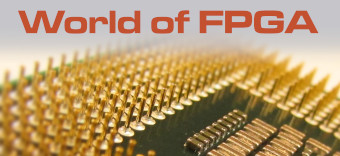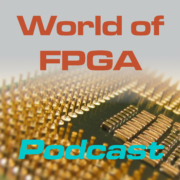WFP029 – FPGA DSP
How can FPGAs calculate so fast? The secret inside an FPGA is a digital signal processing block.
Content of this Episode:
* What does DSP stand for?
* Common parts inside an DSP block
* Function representation
* Important facts
And for now come into our Newsletter and also follow us on LinkedIn.


